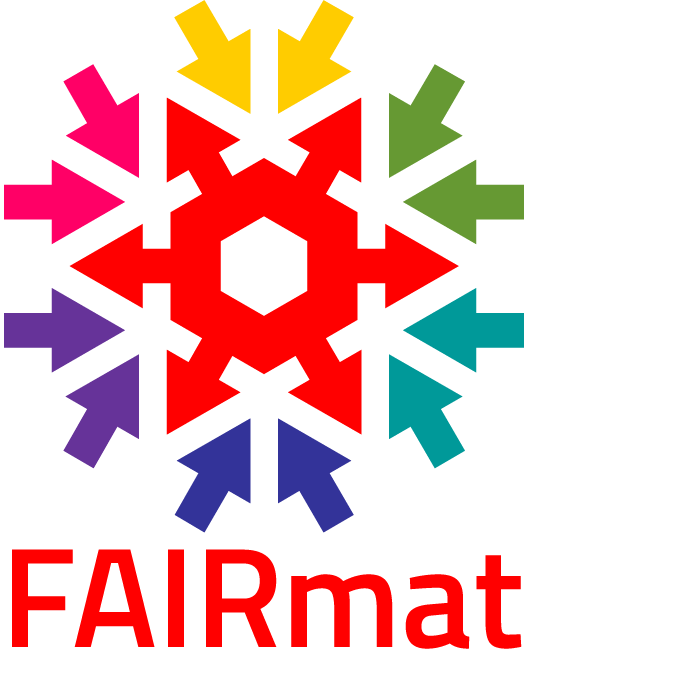You are invited to join us for the FAIRmat seminar on July 28, 2023 at 11:00, in Berlin-Adlershof and online. Maia G. Vergniory (Max Planck Institute for the Chemical Physics of Solids, Dresden) will give the talk High-throughput search of topological materials and meta-materials.
Abstract
The past two decades have witnessed an explosion in the field of topological materials: from weak interacting electrons to strongly correlated ones, topological materials represent one of the most exciting application for future technologies. High performance electronics, quantum information or ultrafast spintronics are just a few of the possible technologies that can be developed based on these materials.
However, for quite some time topologically nontrivial materials were thought to be the exception rather than the rule. It wasn’t till the formulations of Topological Quantum Chemistry (TQC) and Symmetry-Based Indicators that large-scale searches for materials with topological properties were possible, finding that that almost 88% of these materials had at least one topological band. In particular TQC has been built upon symmetry-based considerations and complemented with chemical theories of bonding, ionization, and covalence. Consequently, it describes the universal global properties of all possible band structures and materials.
In this talk I will explain the route to go from pure mathematical prediction of topological properties, through high-throughput materials search to the selection of ideal topological materials. I will discuss both topological insulators, in non magnetic and magnetic phases as well as topological phonons. I will also present the algorithms we needed to perform these calculations.
Speaker

Maia G. Vergniory received her doctorate with “A cum laude” from the University of the Basque Country in Spain in 2008 and joined the Lawrence Berkeley National Laboratory in the US as postdoctoral fellow. After three years she moved to Max Planck Institute of Microstructure Physics for a second postdoc. She won L’Oreal award for Women in Science in 2017 and the Ikerbasque award in 2019. In 2022 she was elected fellow of the APS.
Since 2021, she is a W2 professor at the Max Planck Institute for the Chemical Physics of Solids in Dresden.
Registration
Registration is now closed.
